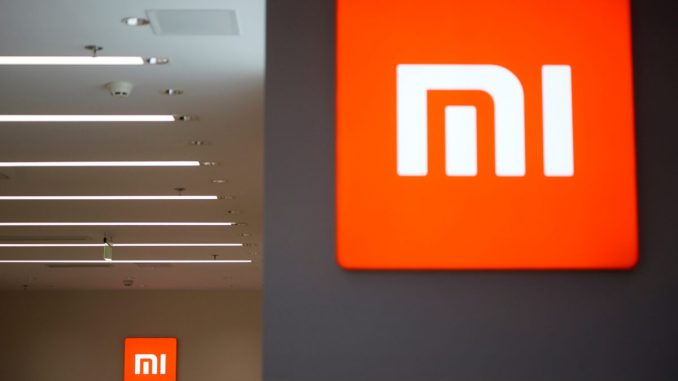

WASHINGTON—The U.S. Defense Department will remove China’s Xiaomi from a government blacklist, a court filing showed, marking a reversal by the Biden administration of one of former President Donald Trump’s last actions aimed at Beijing before exiting office.
The court filing said the company and the U.S. government would agree to resolve their ongoing litigation, bringing to an end a brief conflict between the hardware company and Washington.
A Xiaomi spokeswoman said the company is watching the latest developments closely, without elaborating.
Shares in the company jumped over six percent in Hong Kong as news of the decision spread. The company’s share price has tumbled roughly 20 percent since it was placed on the blacklist in January.
The Defense Department did not immediately comment. A Justice Department spokeswoman declined to comment.
The department had designated the firm as having ties to China’s military and placed it on a list that would restrict U.S. investment in the company.
Seven other Chinese companies were also placed under similar restrictions.
Xiaomi went on the offensive by filing a lawsuit against the U.S. government, calling its placement “unlawful and unconstitutional” and denying any ties to China’s military.
In March, a federal judge temporarily blocked enforcement of the blacklisting, citing the U.S. government’s “deeply flawed” process for including it in the ban.
The Biden administration has agreed not to challenge that ruling.
‘Low-Hanging Fruit’
Soon after that judgment, Reuters reported that other Chinese companies placed on the same blacklist were considering similar lawsuits.
Xiaomi was among the more high-profile Chinese technology companies that Trump targeted for alleged ties to China’s military.
Trump had made countering the rise of Beijing a centerpiece of his administration’s economic and foreign policy.
Xiaomi’s local smartphone rival Huawei was also put on an export blacklist in 2019 and barred from accessing critical technology of U.S. origin, affecting its ability to design its own chips and source components from outside vendors.
The measures effectively crippled the company’s smartphone division.
Later, the U.S. Department of Defense placed similar restrictions on China’s Semiconductor Manufacturing International Corporation, a firm key to China’s national drive to boost its domestic chip sector.
By Aakriti Bhalla, David Shepardson, Mike Stone, and Josh Horwitz






Be the first to comment